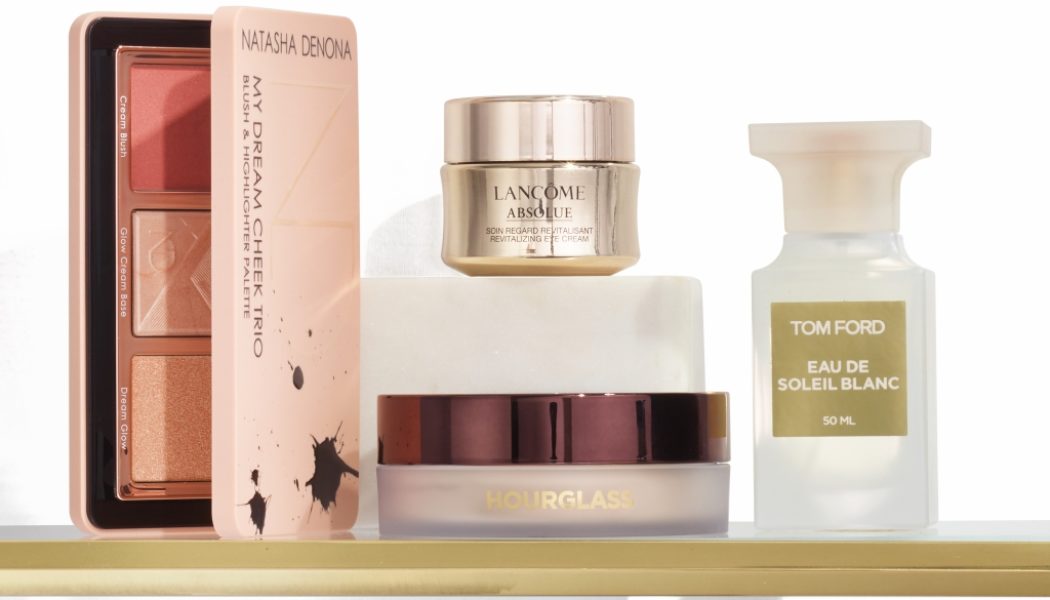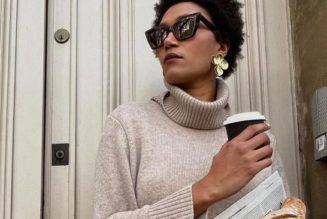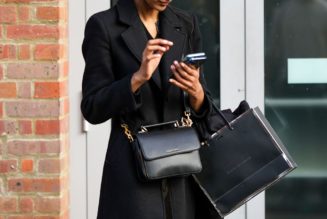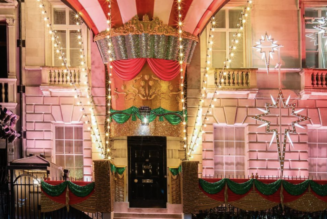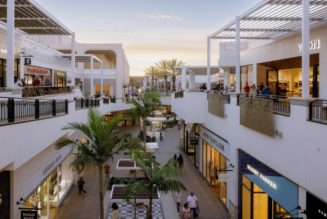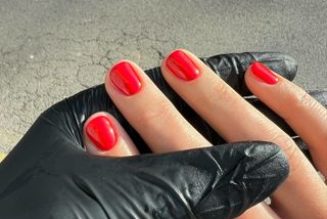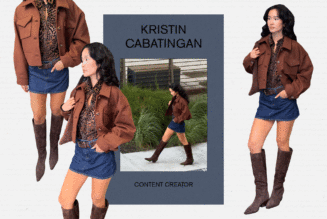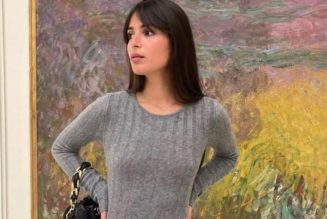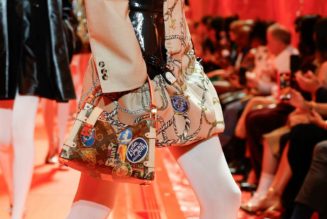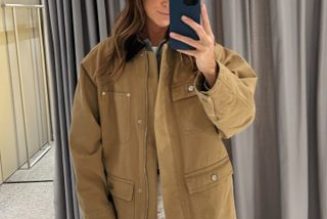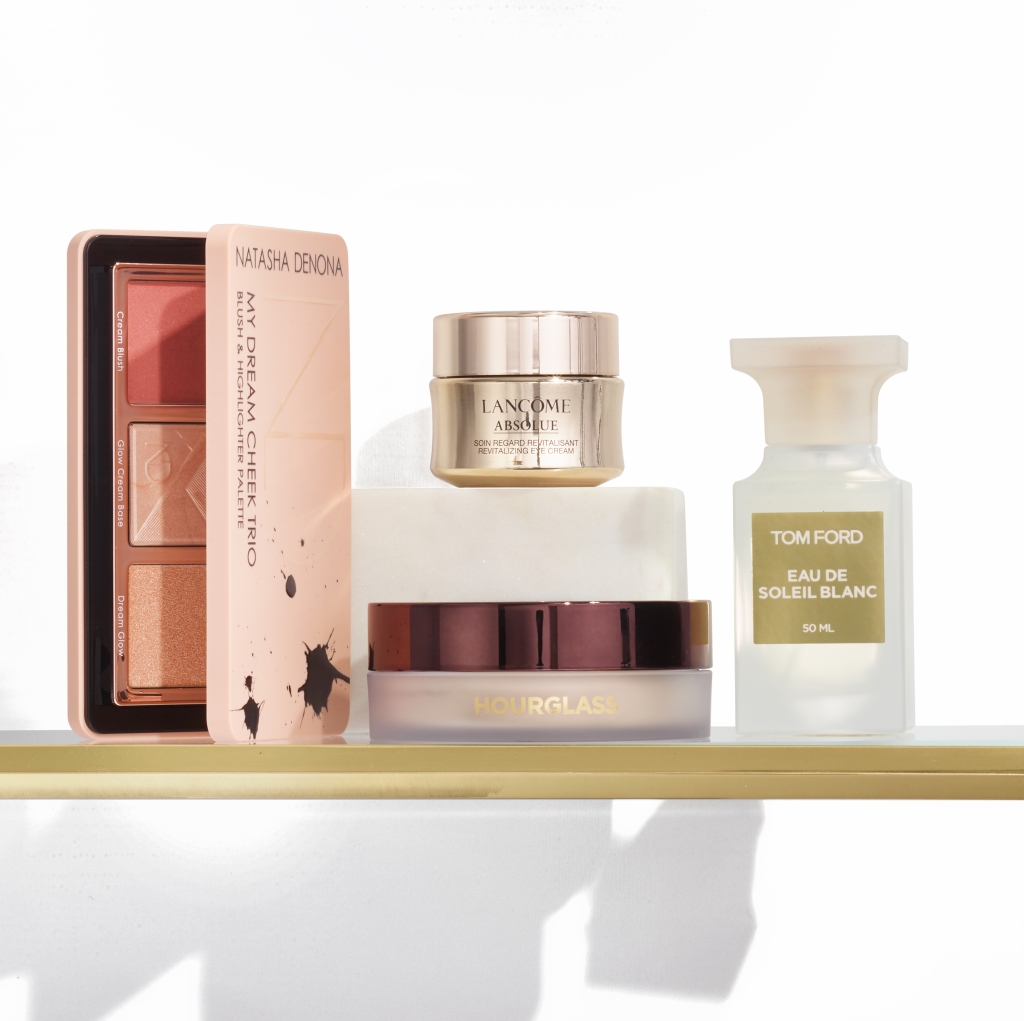
Ulta Beauty is shoring up its luxury assortment, in part, to continue luring Gen Z shoppers.
The country’s largest specialty beauty retailer will launch the expanded luxury lineup online Sunday, and begin rolling it out into 200 doors, where it will be merchandised at the front of the store. The mix includes products from Chanel, Hourglass, Dior, Natasha Denona, Tom Ford, Viktor & Rolf, Gucci, Tiffany and Givenchy.
While some of those brands already sell with Ulta, especially their fragrances, the expanded luxury assortment includes more makeup and skin care products, too.
“We know that with consumers, if you go into someone’s makeup bag or bathrooms, you’re going to find a plethora of brands, of products and of price points,” said Maria Salcedo, Ulta’s senior vice president of merchandising. “We’re very proud to be a retailer that mirrors that consumption behavior.”
Beauty remains an entrypoint for younger, aspirational shoppers seeking luxury at a more affordable price point. And Ulta’s expansion comes as price points for luxury accessories — a key driver for overall luxury sales — skyrocket.
Salcedo said that 28 percent of consumers spent more than $150 on a single fragrance, and 48 percent spent more than that on a single skin care product, citing NPD data. “That definitely gives good credence of where the consumer is willing to invest their dollars in beauty. Luxury brands have fueled growth and popularity, and they’ve become very present on social media and TikTok.”
Ulta Beauty is also the top beauty shopping destination for Gen Z consumers, with 42 percent share, according to a Piper Sandler survey from 2022.
As Salcedo told WWD in January after launching Dior, “Gen Z has shown an increased propensity to luxury. From qualitative research, we have seen their purchase intent of luxury product has continued to grow and is higher than what it is for other cohorts.”
The idea, though, wasn’t just to capitalize on brands with fashion businesses. “We have iconic fashion-led houses like Dior and Chanel, we wanted to have some very higher-end brands like Lancôme Absolue, and we wanted to have a component of artistry, like Natasha Denona,” Salcedo said.
She acknowledged that Ulta has stocked many of those brands’ fragrances in the past, but “now, we’re entering more makeup and skin care as well….This is the foundation that we want to kick off with in a structured way.”
Though many of the makeup ranges are heavy on stock keeping units, Salcedo said, “what we will bring into our assortment will be a little bit more curated, but we’re focused on bringing the best and the fullest expression that we can have from a brand, and some exclusives as well.”
For example, Ulta became the exclusive retailer for Chanel’s No. 1 de Chanel, a “clean” beauty range spanning product categories, last year. That range will also be featured in Luxury at Ulta Beauty.
And while several years ago, Ulta did not have much in the way of luxury offerings, beauty brands have democratized their distribution in recent years, with a slew entering Ulta, and many opting for distribution via new partnerships including Ulta and Target Corp.; Walmart and Space NK, and Sephora and Kohl’s.
“Luxury traditionally was very old-fashioned, didn’t want to go into digital, and was one of the last ones to go into e-commerce. Then, they woke up and took it by storm with the metaverse, with livestreaming, and Gen Z is well informed,” said Jessica Ramírez, senior research analyst, Jane Hali & Associates. “They are the ones who know luxury inside and out, because they grew up when luxury was beginning to tap into them.
“Beauty isn’t a category that needs to worry about wholesale, because they don’t have the inventory problems that [apparel and accessories] have,” Ramírez continued. “For Dior, for example, it’s another point of sale. For Ulta, it’s another win. The reputation Ulta has gained is very good, and the brands are sitting among their competitors.”
